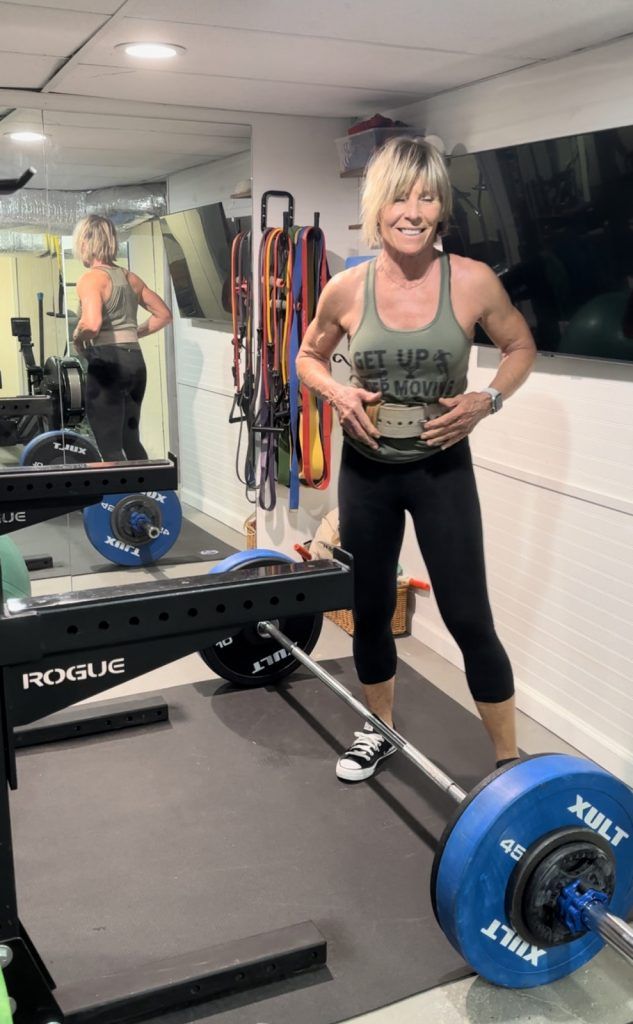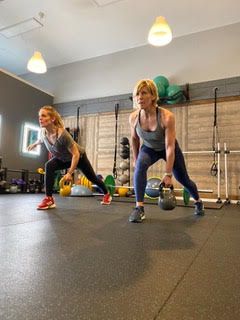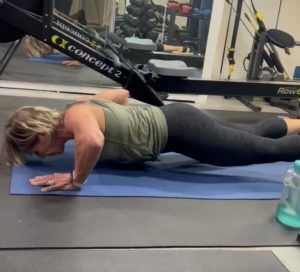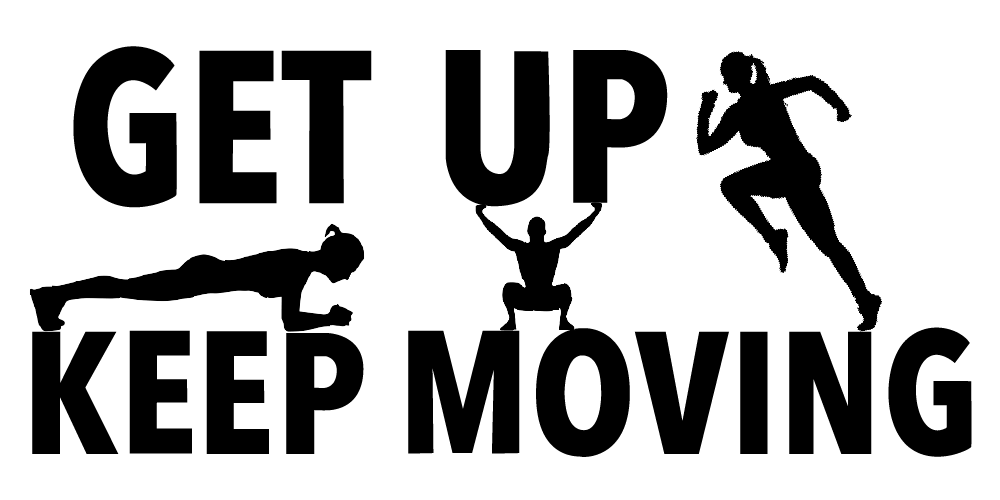Helloooo~
Seen any good movies lately?
You’ve probably noticed that young female actors are often paired with actors 30 years their senior. And that women of “a certain age” are underrepresented in film. Geena Davis has been addressing this issue with the Institute On Gender In Media. Here she is on WNYC The Takeaway.
Emma Thompson criticises casting older men with younger women in Hollywood. In her new film, Good Luck To You, Leo Grande she plays a 55-year-old widow who hires a sex worker in his early 20s. Definitely on my watch list!
Women have been overlooked and undervalued, especially in science of health and medicine.
Research has traditionally failed to consider differences between men and women when evaluating medical outcomes. Reuters: “The evidence is clear: women are disadvantaged within science, medicine and global health.
Ms Magazine reports: Women are even discriminated against in crash testing.
New research released by The International Menopause Society on World Menopause Day, October 18th, shows a clear link between menopause and physical and mental struggles, leading to deterioration of relationships. (Click to use the interactive buttons.) But many women still don’t believe they can speak about this issue, even to their doctors. Advocacy and resources are available at sites like The Latte Lounge, an award winning platform for midlife women, and Feisty Menopause, plus the Hit Play Not Pause FaceBook group.
With advocacy, science has begun to focus on women’s health – and strength – over age 50.
How can women past childbearing age, in peri menopause or postmenopause stay physically and mentally strong and healthy?
Women live about half of their lifespan after the cessation of their menstrual periods, and many women have a lifelong history of enjoying physical activity, athletic performance, and want to continue to do so. You can stay strong with smart training and nutrition through menopause and beyond. Medical science is finally beginning to offer health information specifically for women in midlife, as in this article in Woman & Home: What to ask your gyno about menopause.
Strength training is critical for physical and mental health.
I had no idea how important strength training was until age 50, almost 20 years ago.
I never lifted – other than kids, grocery bags, bags of potting soil etc. It was all running, cycling, and the occasional stairmaster. Injuries were common – low back, mostly. When I hit 50, to learn more about my own body I began to earn certifications. Spinning, Pilates Mat, Applied Functional Science, Orthopedic Exercise, ACE Personal Trainer, Indoor Rowing Coach, Pregnancy And Postpartum Athleticism, Precision Nutrition…
Functional Fitness was the focus, and although the benefits of strength training were obvious for my (mostly female) clients, as I studied, there was no differentiation between women and men in research about training effects, or nutrition. Women were not included in studies of strength and hypertrophy, and certainly no mention of menopausal women. Progressive overload training led to strength gains, and overall better quality of life for me and my clients, but there were still reservations about women lifting heavy, especially “older” women. Steady state cardio in the misleading “fat burning zone” was mostly the go-to for cardio, and certain weight bearing exercises were ok, but not others.
LIFT!
From Feisty Menopause, 4 reasons to lift “heavy sh**” during menopause: Lifting will not only help to decrease the risk of conditions like osteoporosis and muscle loss, it can also improve overall symptoms of menopause, including those relating to mental health. Estrogen and cortisol levels are affected by smart training, rest, and proper fueling – nutritional needs might change during menopause too. Strength training and dietary changes have enabled me to get through menopause – even stronger than before.
And this is BIG!
StatNews: Women and men are different, cardiovascular edition: Women who do strength training, and gain lean muscle improve cardiovascular health.

Dr. Stacy Sims says, “Lift heavy shit — carefully. Do high-intensity interval training and plyometrics.
Up your protein. Do less volume and more intensity. Recover longer.” She recommends training hard and recovering harder, plus smart fueling for optimal performance.
Take a deeper dive with Dr Sims: Women Are Not Small Men, offering courses, microlearning, and books. Her mission is to “help women better understand their bodies and elevate them in research, science, sport, and ultimately, in life”.
Does exercise reduce menopause symptoms?
In this month’s Women’s Health Magazine, Dr Amal Hassan, a sport and exercise medicine doctor, and PTs Samantha McGowan and Caroline Bragg say YES! Exercise can “ease specific menopause symptoms, including the loss of muscle mass and bone density, a lack of energy, feelings of anxiety, depression and trouble sleeping”.
In this excellent TED audio Dr. Jen Gunter, host of the podcast Body Stuff, talks about her book, The Menopause Manifesto, and you’ll hear an excerpt from her podcast, where she reviews the history of menopause, and shares tips.
“Menopause shouldn’t be viewed as the end of the race — but rather as a victory lap.” I LOVE THIS!
Have you been taking care of family, working at a job, running a business, and hopefully taking care of your own health and wellness needs (notice that’s last on the list because that’s where it usually is) – dealing with all the STUFF for years? This IS your victory lap!

You can start at any time.
Even if you’re past menopause, there’s still time to mitigate the effects of changing hormones. Weight bearing exercise, and high intensity interval training (HIIT) will build lean muscle and improve cardiovascular function. Weight lifting, plus body weight moves like squats, lunges, and pushups builds muscle, helping to offset bone loss, and can help to reverse some of the impact of hormone imbalances.

Training = exercise PLUS rest, and nutrition.
A balanced, personalized training program can get you on the path to reduce hormone imbalances as you build lean muscle, improve performance, and even elevate your mood.
It’s never too late to start!
Onward~
Polli




